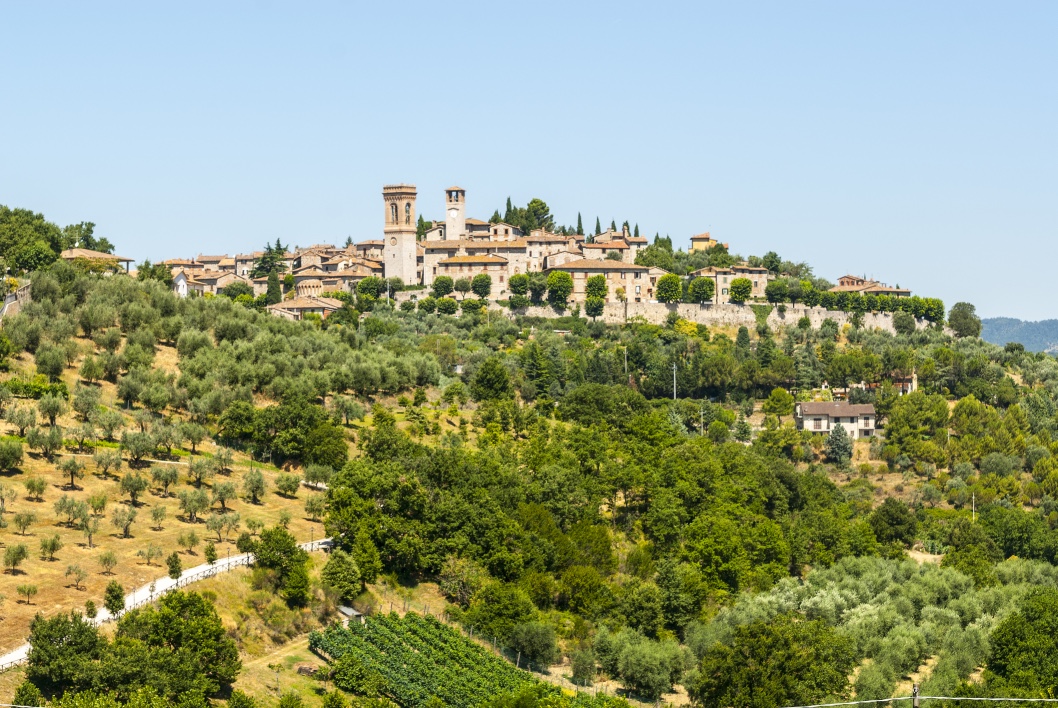Staff
There is something, in the beautiful and history-rich Tuscan town of Siena that, for centuries, brought its people together in shared anticipation, communal joy, and friendly rivalry. It’s a spectacle of beating drums, vibrant banners, and the rhythmical, thundering sound …
The Italian verb rafforzare (rahf-fohr-tsah-rai) comes from the union of the prefix “ra-“, which indicates repetition or reinforcement, and the root noun forza. The latter, in turn, comes from the Latin adjective fortis, which gave the late Latin noun fortia. Rafforzare was used for the first time in …
Glasses, the ingenious invention that revolutionized vision correction, have a fascinating history intertwined with Italy, particularly wtih the city of Venice. While their exact origin is subject to debate, it is widely believed that the precursor to modern eyeglasses was likely …
Cavarsela (cah-vahr-sai-lah)– is a delightful Italian expression, brimming with nuances and subtle connotations. Its strictest meaning is about making it through tough circumstances, not necessarily unscathed, but certainly undeterred. In English, we can translate it with “getting away with,” “getting …
Corciano sits atop a hill, proudly guarding the valley that connects the Trasimeno and Tuscany territories with the Tiber Valley. A little jewel of Umbria, some believe its name derives from the Latin Curtius or Coricius, referring to the owner …
Today, we use the phrase “the die is cast” when we want to say we took a decision and we can no longer turn back. In Italian, it translates as il dado è tratto. While the expression is common in …
When we think of the Romans and Etruscans, we imagine great battles, architectural marvels, and illustrious societies teeming with art, culture, and philosophy. Less often, perhaps, do we consider the more practical, less glamorous side of these civilizations, like how they “invented” the sewage …
In the realm of confectionery, few names are as respected and appreciated as Caffarel. This Italian brand, steeped in rich history and unwavering commitment to quality, has become a symbol of the Made in Italy concept and a perfect representation of …
If you happen to find yourself walking along the ancient Via Appia in the heart of Puglia, you may come across a centuries-old villa. If you listen closely, you may hear a discussion not just about pasta and wine but about …
The Campari Soda mini bottle, a single-serve aperitif that combines Campari and seltzer, was created by Fortunato Depero, one of the leading figures of the Futurist movement in early 20th-century Italy. Depero, a versatile artist dedicated to experimentation and the fusion of …










